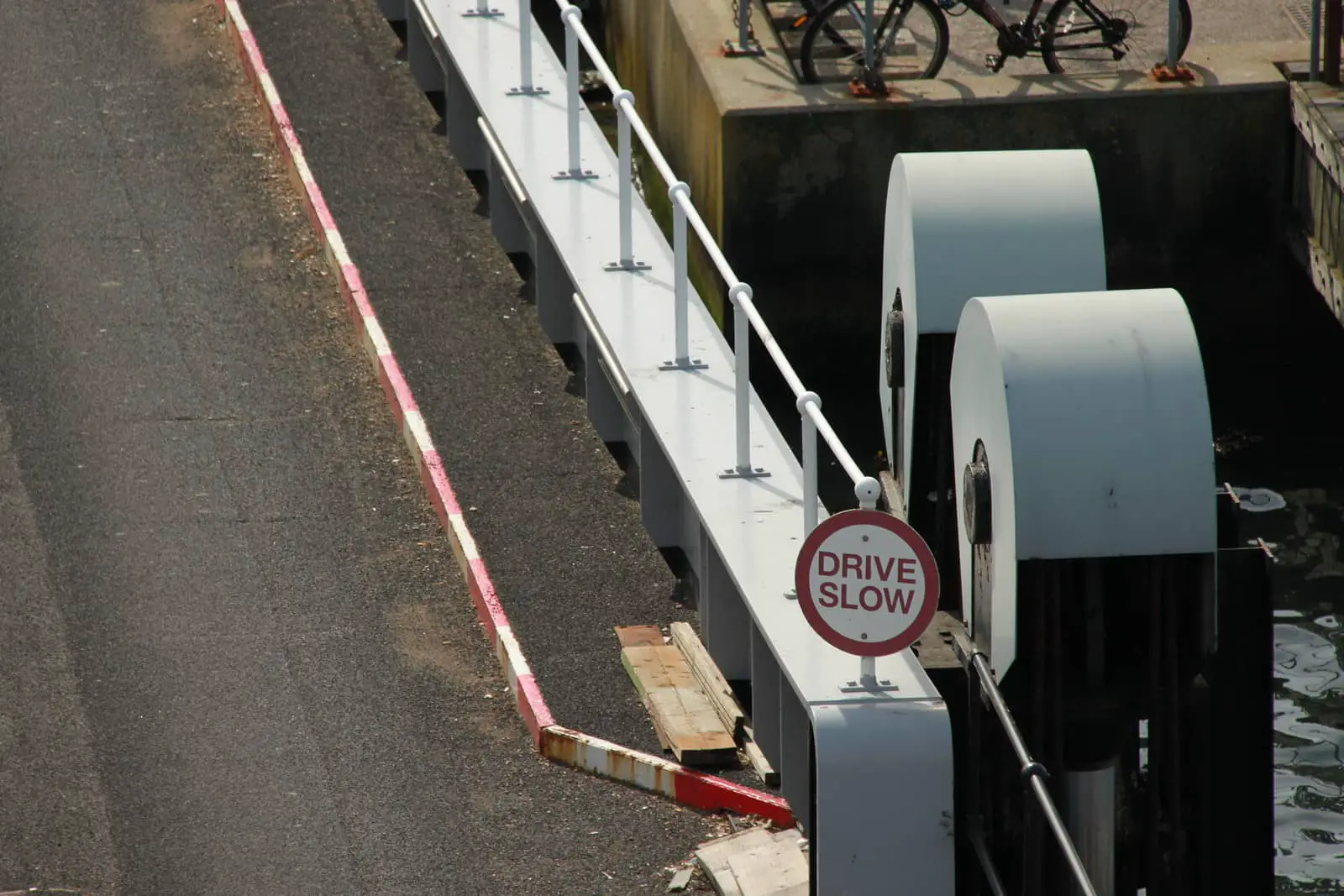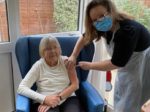OnTheWight always welcomes a Letter to the Editor to share with our readers – unsurprisingly they don’t always reflect the views of this publication. If you have something you’d like to share, get in touch and of course, your considered comments are welcome below.
This from Thomas Cowley of Ningwood, Ed
These are not normal times. In normal times we welcome visitors to the Island. They are the lifeblood of our economy.
All of the ferry companies welcome visitors to their ‘gateways’ to the Island. They all literally refer to their ports as gateways on their Websites:
Gates can be closed and opened
As a rural community, many Island residents know about gateways. They’re the access between fields, but good gateways also have a key feature between fields: they have gates. Gates which can be closed, securely, to control access between those fields. Gates where checks can be made, between fields.
If necessary, gates that control access on and off the farm.
An essential part of disease control
Just to extend that analogy, because it’s incredibly appropriate – these gates can be very helpful in limiting where livestock go on your holding, which is an essential part of disease control.
In incidents like Foot and Mouth outbreaks, gateways to farms, on the Isle of Wight have had disinfectant baths stationed across them, as directed by government departments. Movement of animals was halted very effectively during those outbreaks and it limited the spread of disease.
Avian flu
Not wanting to labour the point, but right now, our domestic avian population is currently under lockdown; that’s for a novel flu virus, not a coronavirus (which is a different type of virus entirely).
The last avian lockdown was in 2017, until that type of avian flu had burnt out. These processes are well-proven. Anyone with a holding number will be potentially checked to ensure their birds are being properly and safely contained, so these processes are also enforceable, too.
We are able to protect our livestock and limit their movement very effectively.
Already checked in at the gateway
Whilst, obviously people aren’t livestock, we are all easy to identify, especially as we pass through the gateways to the Island, owned by the ferry companies. Everyone has to have a ticket.
Everyone is counted on to the boats. Everyone is already checked in at the gateway.
Low cost interventions
In other situations (entries to workplaces, venues etc) such gateways have simple handheld temperature sensors used to identify anyone with a fever, which is one of the key symptoms of Covid19 infection.
It would be a very low investment for ferry companies to issue handheld temperature scanners to staff who are checking tickets – if you have a fever, you’re not coming through the gateway.
‘Underwhelming and ineffective’ efforts
Obviously the ferry companies have already ‘urged’ people to only travel if it’s absolutely necessary, but their efforts have seemed extremely underwhelming and ineffective, to many who live on the Island.
The huge surge in cases (the highest percentage increase in the country, over Christmas) seem to bear out the feelings of residents that people have been bringing the more transmissible strain across to the Island, on the ferries, through the ferry company gateways.
More must be done
More can easily be done and more should be done to protect the Island, which has a very high percentage of elderly and therefore vulnerable residents, from a disease that has killed well over 70,000 people, in the UK, in the last year.
Of the ferry companies, Wightlink, in particular, is a product of the Thatcher government, being sold out of public service, into private hands in 1984. Their current ‘urging’ of people not to use their services seems very wedded to Thatcher’s 1987 assertion of “you know, there’s no such thing as society”.
However, since then Conservative dogma with regards to society has rather progressed; through the idea of ‘big society’, to Boris Johnson’s demands only a few days ago, that the nation ‘pull together’. As part of that pulling together £10 million of public money was provided, on 24th April 2020, by society, into supporting ferry services through the pandemic.
As a bare minimum
It doesn’t seem unreasonable that the proud guardians of the ‘gateways’ to the Isle of Wight provide a small return on the investment made, by society.
As a bare minimum, it’s possible for very low cost, to monitor the temperature of passengers undertaking essential travel, passing through ferry company owned gateways. Those who are displaying a fever should be turned away, if visiting, or isolated on the boat and the track and trace system should be notified.
Enforcing the rules
If travelers object to this monitoring, please bear in mind we’re not asking the ferry companies to enforce the government rules they’re monitoring: surely they can liaise with the police to get that support between services.
The police are a public body which has been specifically tasked with enforcing the government rules, ferry companies should not be asked to enforce the rules.
Is it too much to ask?
Given society’s support for our private ferry companies, is it really so much to ask them to take part in efforts, as a society – as ‘part of Island life’ no less – to work with public bodies, proactively, to protect Isle of Wight residents from infection caused by unnecessary travel through their gateways to the Island?
I, for one, don’t think it should be.
Article edit
9:39am 12th Jan 2021 – Changed location of letter author.
Image: bortescristian under CC BY 2.0





